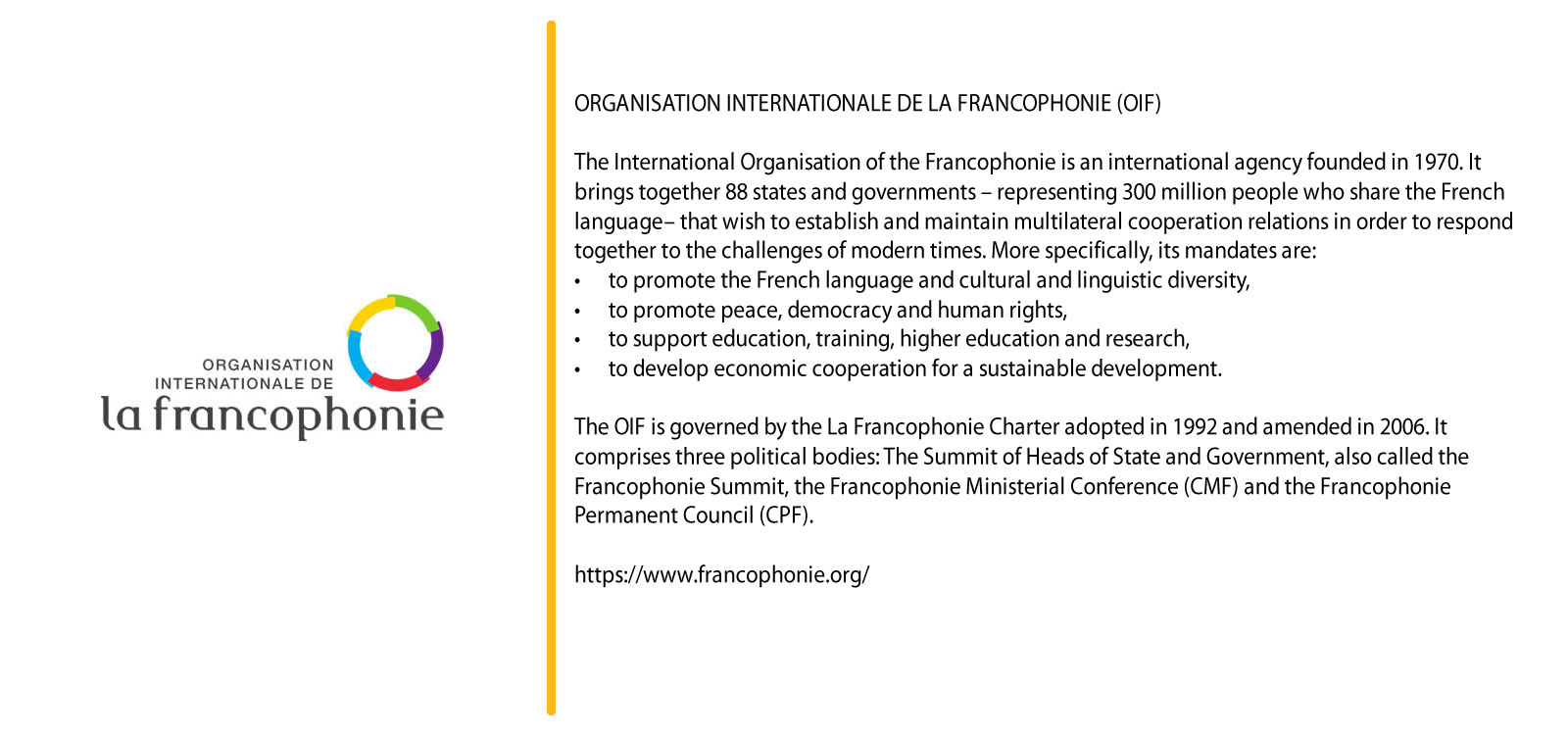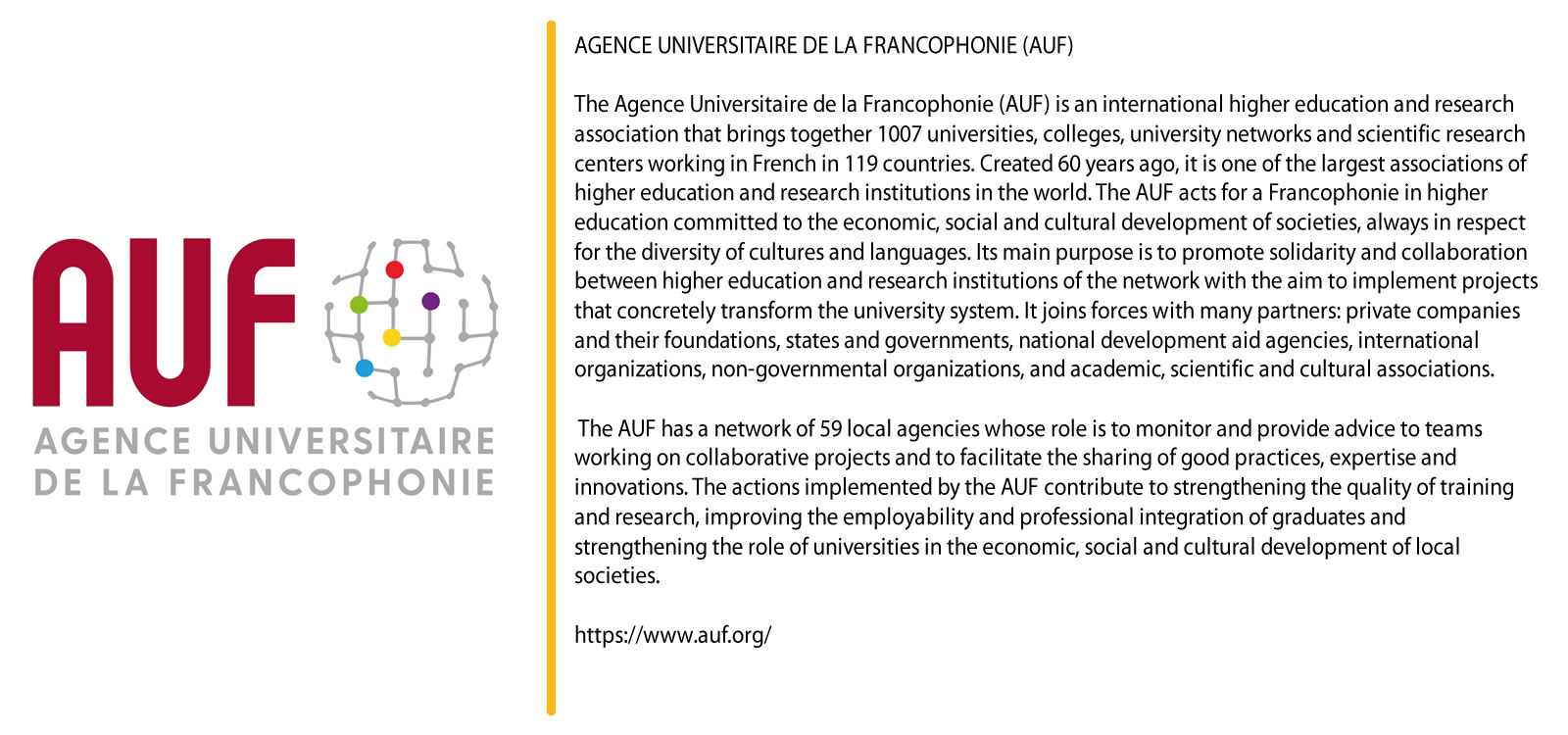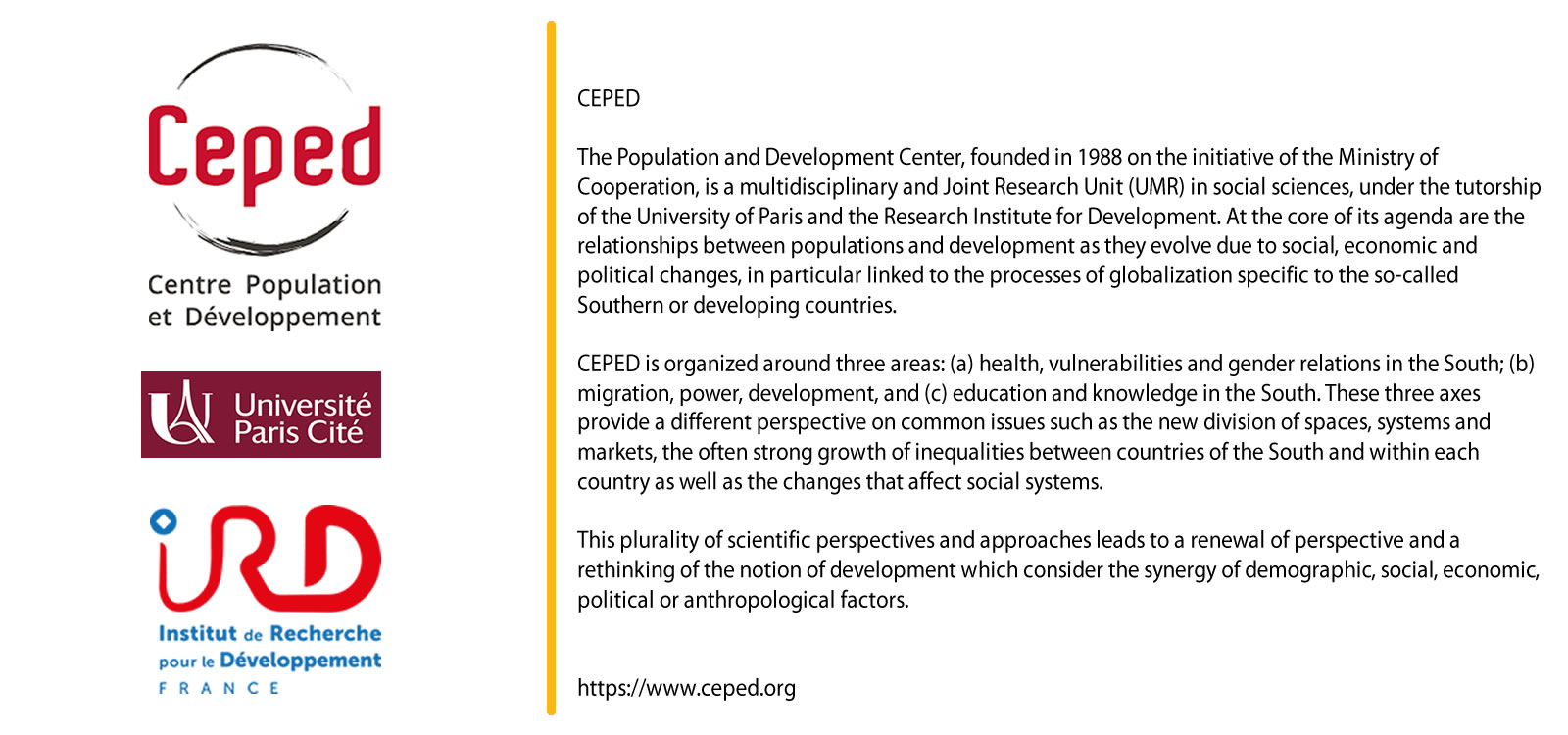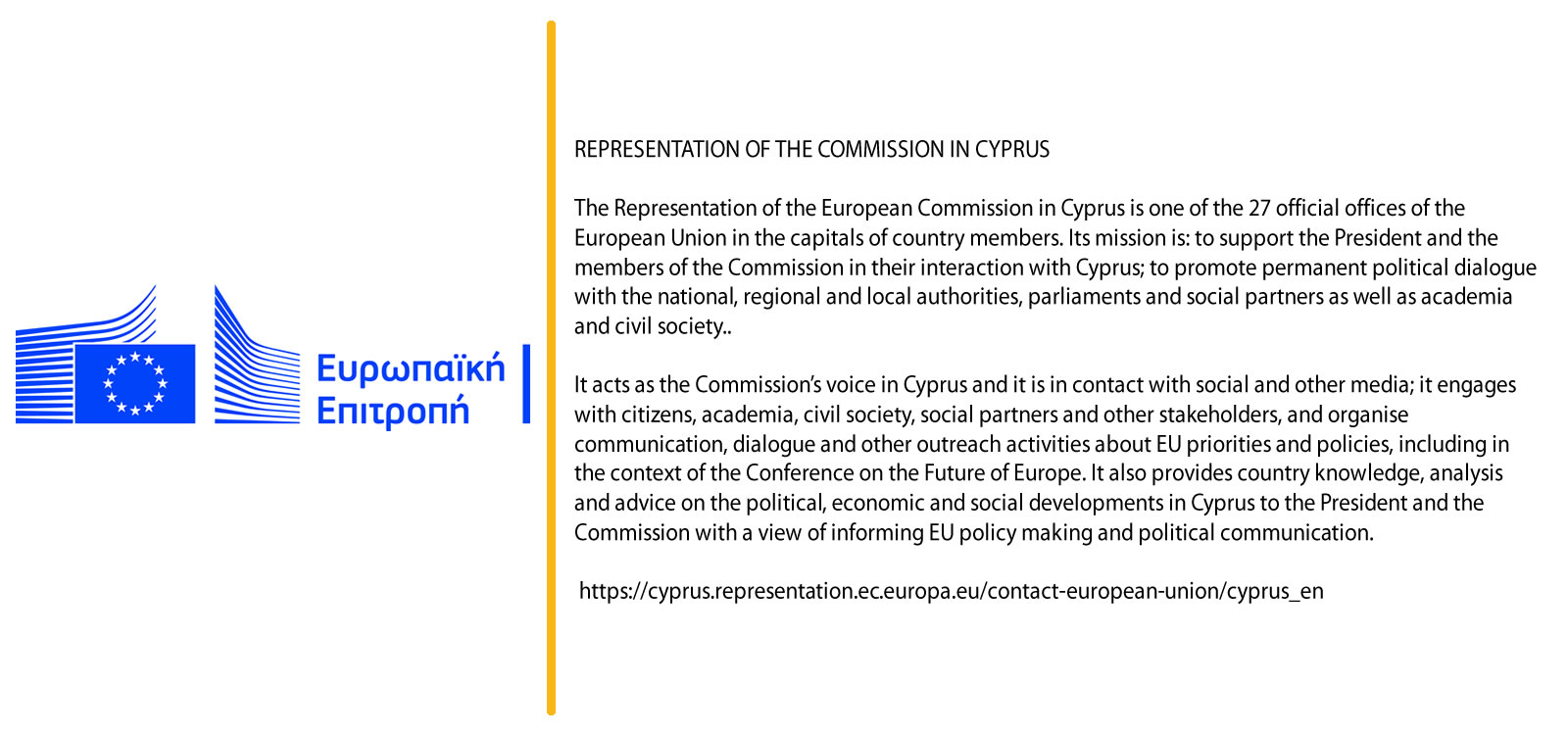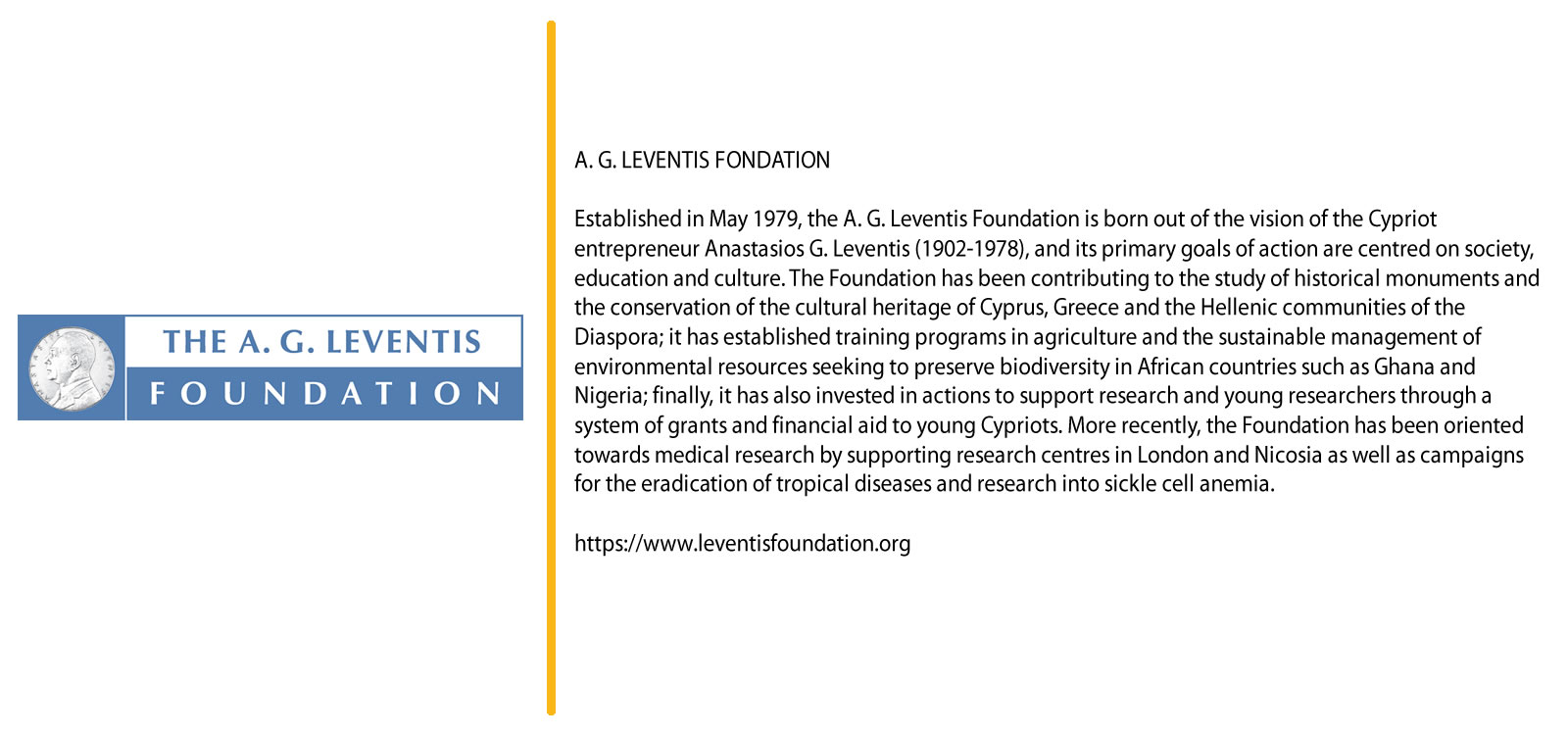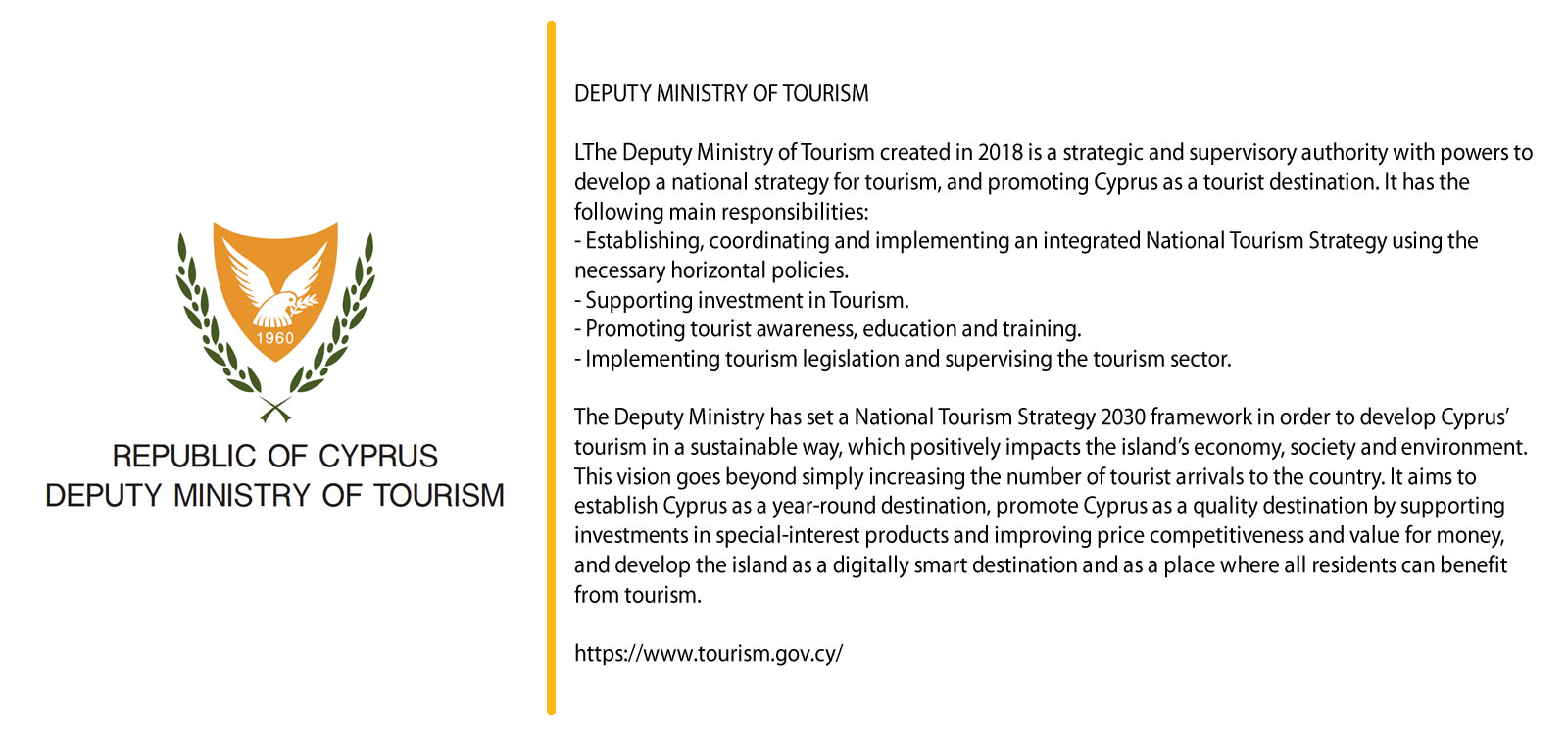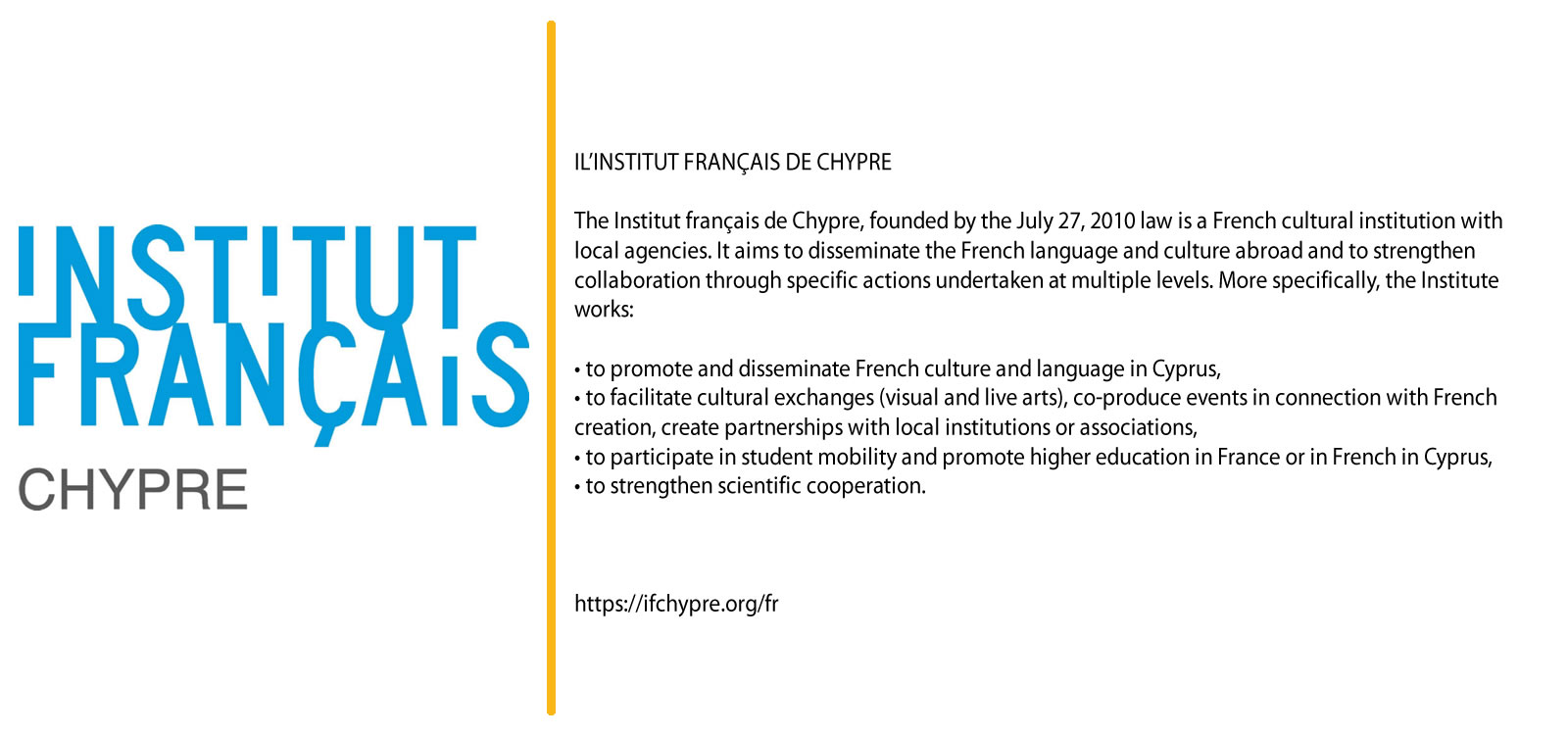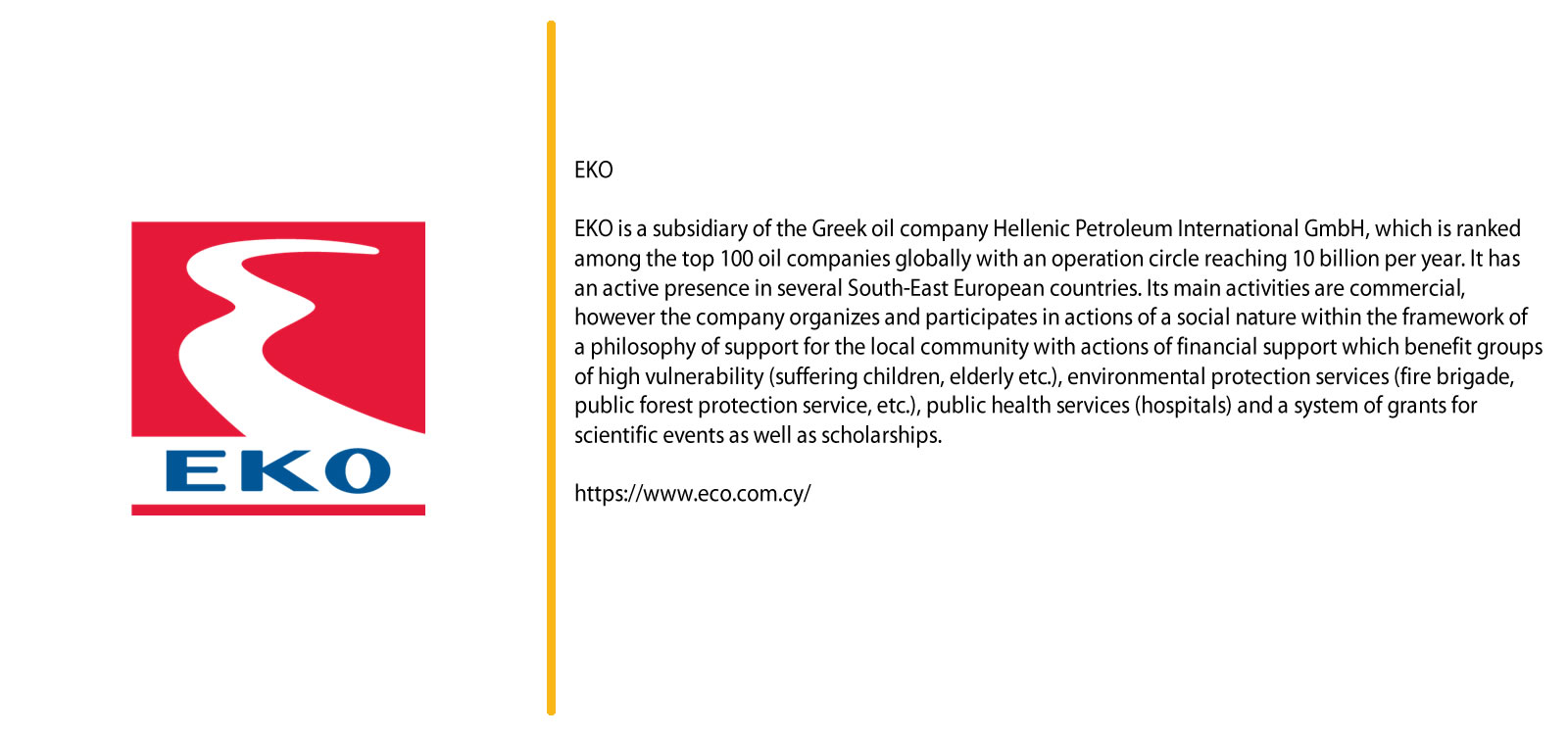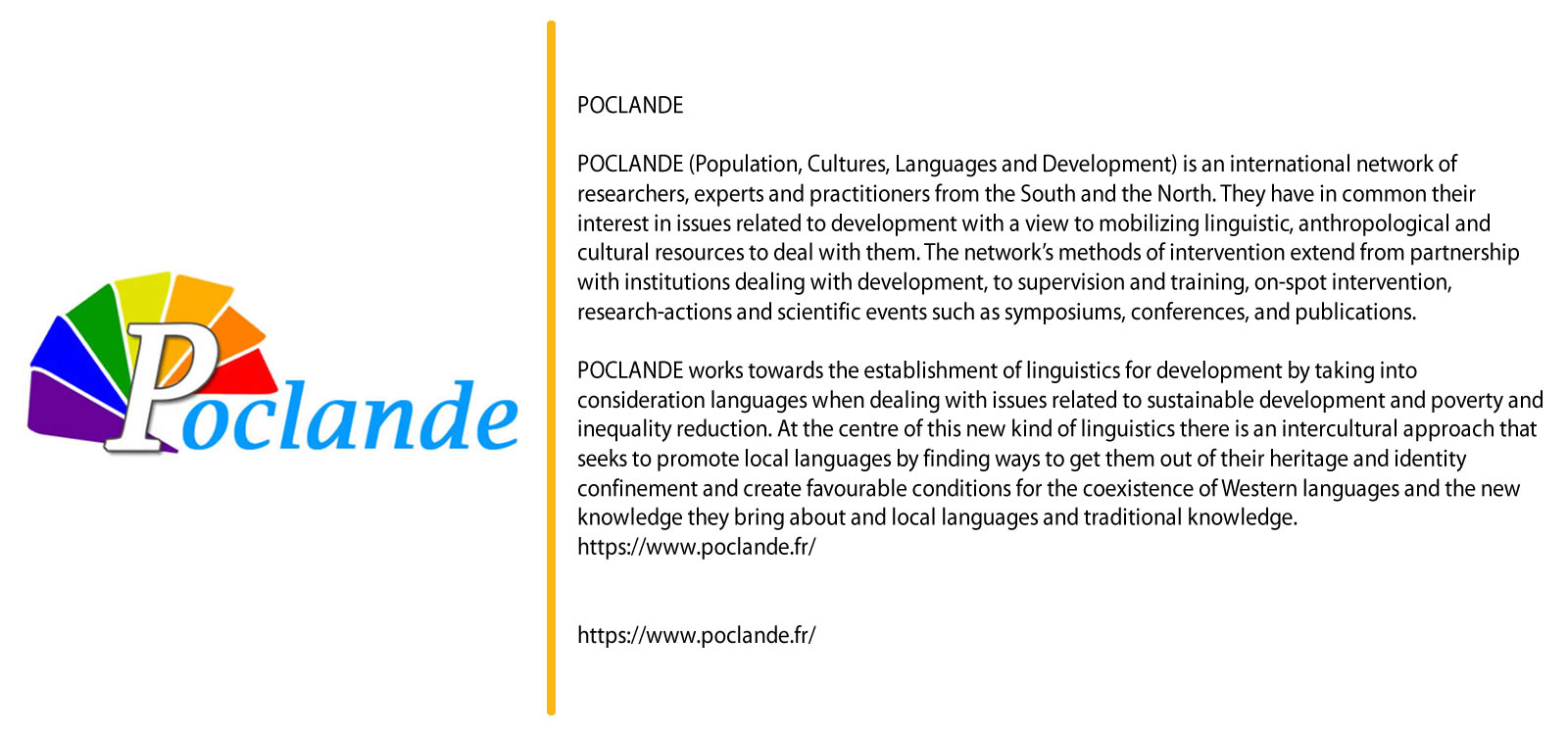INTERNATIONAL ORGANISATION OF THE FRANCOPHONIE (OIF)
The International Organisation of the Francophonie is an international agency founded in 1970. It brings together 88 states and governments – representing 300 million people who share the French language– that wish to establish and maintain multilateral cooperation relations in order to respond together to the challenges of modern times. More specifically, its mandates are:
• to promote the French language and cultural and linguistic diversity,
• to promote peace, democracy and human rights,
• to support education, training, higher education and research,
• to develop economic cooperation for a sustainable development.
The OIF is governed by the La Francophonie Charter adopted in 1992 and amended in 2006. It comprises three political bodies: The Summit of Heads of State and Government, also called the Francophonie Summit, the Francophonie Ministerial Conference (CMF) and the Francophonie Permanent Council (CPF).
AGENCE UNIVERSITAIRE DE LA FRANCOPHONIE (AUF)
The Agence Universitaire de la Francophonie (AUF) is an international higher education and research association that brings together 1007 universities, colleges, university networks and scientific research centers working in French in 119 countries. Created 60 years ago, it is one of the largest associations of higher education and research institutions in the world. The AUF acts for a Francophonie in higher education committed to the economic, social and cultural development of societies, always in respect for the diversity of cultures and languages.
Its main purpose is to promote solidarity and collaboration between higher education and research institutions of the network with the aim to implement projects that concretely transform the university system. It joins forces with many partners: private companies and their foundations, states and governments, national development aid agencies, international organizations, non-governmental organizations, and academic, scientific and cultural associations. The AUF has a network of 59 local agencies whose role is to monitor and provide advice to teams working on collaborative projects and to facilitate the sharing of good practices, expertise and innovations. The actions implemented by the AUF contribute to strengthening the quality of training and research, improving the employability and professional integration of graduates and strengthening the role of universities in the economic, social and cultural development of local societies.
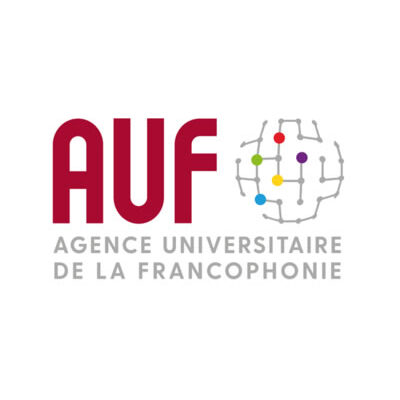
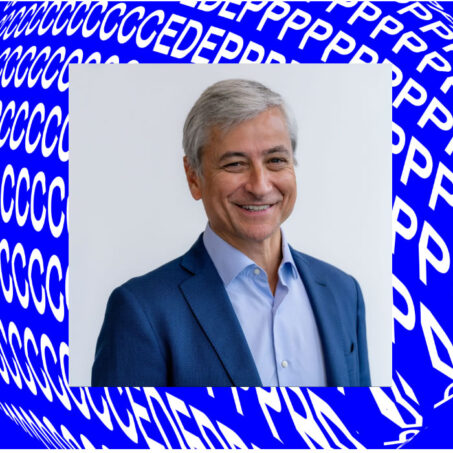
CEPED
The Population and Development Center, founded in 1988 on the initiative of the Ministry of Cooperation, is a multidisciplinary and Joint Research Unit (UMR) in social sciences, under the tutorship of the University of Paris and the Research Institute for Development. At the core of its agenda are the relationships between populations and development as they evolve due to social, economic and political changes, in particular linked to the processes of globalization specific to the so-called Southern or developing countries.
CEPED is organized around three areas: (a) health, vulnerabilities and gender relations in the South; (b) migration, power, development, and (c) education and knowledge in the South. These three axes provide a different perspective on common issues such as the new division of spaces, systems and markets, the often strong growth of inequalities between countries of the South and within each country as well as the changes that affect social systems.
This plurality of scientific perspectives and approaches leads to a renewal of perspective and a rethinking of the notion of development which consider the synergy of demographic, social, economic, political or anthropological factors.
REPRESENTATION OF THE COMMISSION IN CYPRUS
The Representation of the European Commission in Cyprus is one of the 27 official offices of the European Union in the capitals of country members. Its mission is: to support the President and the members of the Commission in their interaction with Cyprus; to promote permanent political dialogue with the national, regional and local authorities, parliaments and social partners as well as academia and civil society.
It acts as the Commission’s voice in Cyprus and it is in contact with social and other media; it engages with citizens, academia, civil society, social partners and other stakeholders, and organise communication, dialogue and other outreach activities about EU priorities and policies, including in the context of the Conference on the Future of Europe. It also provides country knowledge, analysis and advice on the political, economic and social developments in Cyprus to the President and the Commission with a view of informing EU policy making and political communication

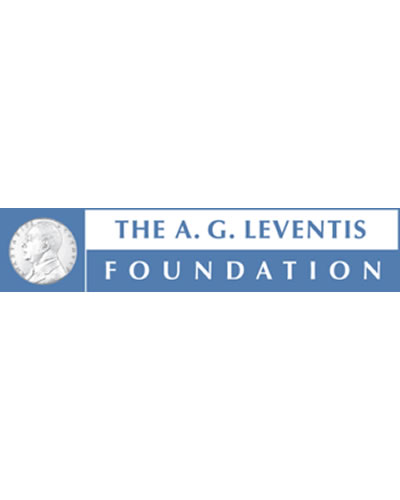
A. G. LEVENTIS FONDATION
Established in May 1979, the A. G. Leventis Foundation is born out of the vision of the Cypriot entrepreneur Anastasios G. Leventis (1902-1978), and its primary goals of action are centred on society, education and culture. The Foundation has been contributing to the study of historical monuments and the conservation of the cultural heritage of Cyprus, Greece and the Hellenic communities of the Diaspora; it has established training programs in agriculture and the sustainable management of environmental resources seeking to preserve biodiversity in African countries such as Ghana and Nigeria; finally, it has also invested in actions to support research and young researchers through a system of grants and financial aid to young Cypriots. More recently, the Foundation has been oriented towards medical research by supporting research centres in London and Nicosia as well as campaigns for the eradication of tropical diseases and research into sickle cell anemia.
DEPUTY MINISTRY OF TOURISM
The Deputy Ministry of Tourism created in 2018 is a strategic and supervisory authority with powers to develop a national strategy for tourism, and promoting Cyprus as a tourist destination. It has the following main responsibilities:
– Establishing, coordinating and implementing an integrated National Tourism Strategy using the necessary horizontal policies.
– Supporting investment in Tourism.
– Promoting tourist awareness, education and training.
– Implementing tourism legislation and supervising the tourism sector.
– Establishing, coordinating and implementing an integrated National Tourism Strategy using the necessary horizontal policies.
– Supporting investment in Tourism.
– Promoting tourist awareness, education and training.
– Implementing tourism legislation and supervising the tourism sector.
The Deputy Ministry has set a National Tourism Strategy 2030 framework in order to develop Cyprus’ tourism in a sustainable way, which positively impacts the island’s economy, society and environment. This vision goes beyond simply increasing the number of tourist arrivals to the country. It aims to establish Cyprus as a year-round destination, promote Cyprus as a quality destination by supporting investments in special-interest products and improving price competitiveness and value for money, and develop the island as a digitally smart destination and as a place where all residents can benefit from tourism.
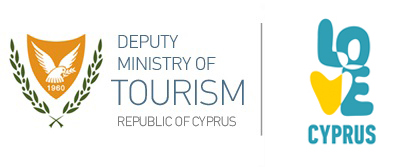
L’INSTITUT FRANÇAIS DE CHYPRE
The Institut français de Chypre, founded by the July 27, 2010 law is a French cultural institution with local agencies. It aims to disseminate the French language and culture abroad and to strengthen collaboration through specific actions undertaken at multiple levels. More specifically, the Institute works:
to promote and disseminate French culture and language in Cyprus,
to facilitate cultural exchanges (visual and live arts), co-produce events in connection with French creation, create partnerships with local institutions or associations,
to participate in student mobility and promote higher education in France or in French in Cyprus,
to strengthen scientific cooperation.
ΕΚΟ
EKO is a subsidiary of the Greek oil company Hellenic Petroleum International GmbH, which is ranked among the top 100 oil companies globally with an operation circle reaching 10 billion per year. It has an active presence in several South-East European countries. Its main activities are commercial, however the company organizes and participates in actions of a social nature within the framework of a philosophy of support for the local community with actions of financial support which benefit groups of high vulnerability (suffering children, elderly etc.), environmental protection services (fire brigade, public forest protection service, etc.), public health services (hospitals) and a system of grants for scientific events as well as scholarships.
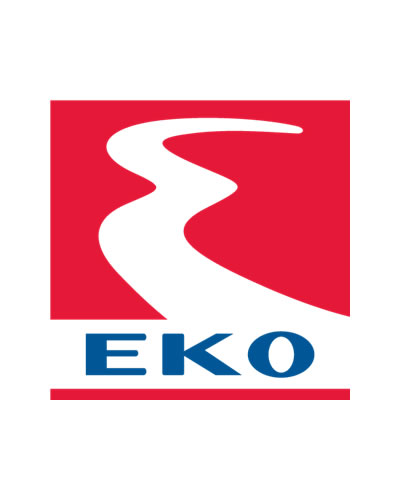
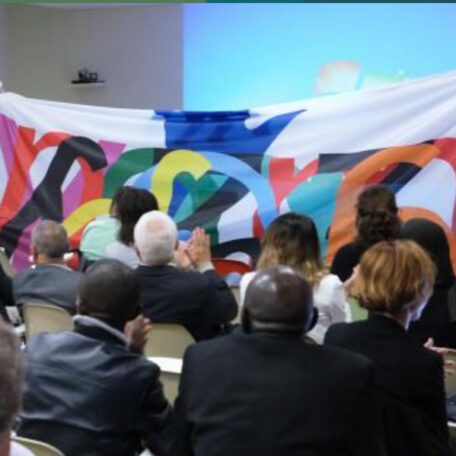
POCLANDE
POCLANDE (Population, Cultures, Languages and Development) is an international network of researchers, experts and practitioners from the South and the North. They have in common their interest in issues related to development with a view to mobilizing linguistic, anthropological and cultural resources to deal with them. The network’s methods of intervention extend from partnership with institutions dealing with development, to supervision and training, on-spot intervention, research-actions and scientific events such as symposiums, conferences, and publications.
POCLANDE works towards the establishment of linguistics for development by taking into consideration languages when dealing with issues related to sustainable development and poverty and inequality reduction. At the centre of this new kind of linguistics there is an intercultural approach that seeks to promote local languages by finding ways to get them out of their heritage and identity confinement and create favourable conditions for the coexistence of Western languages and the new knowledge they bring about and local languages and traditional knowledge.

